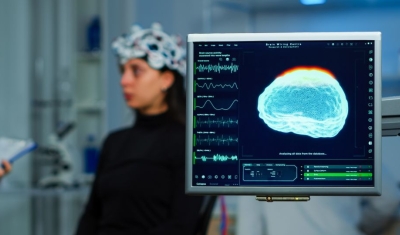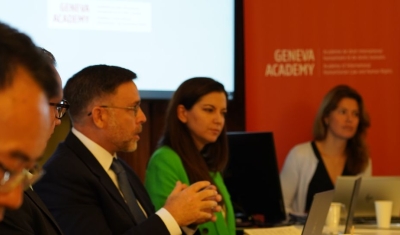Digitalization and New Technologies
Are new means and methods of warfare compatible with existing international humanitarian law (IHL) rules? What challenges do big data and artificial intelligence (AI) cause to human rights? How to ensure the right to privacy and protection of the private sphere in times of war and peace?
New technologies, digitalization, and big data are reshaping our societies and the way they organize. While technological advancements present tremendous opportunities and promises, rapid developments in AI, automation or robotics raise a series of questions about their impact in times of peace and war.
Our research in this domain explores whether these new developments are compatible with existing rules and whether international human rights law and IHL continue to provide the level of protection they are meant to ensure.
Subscribe to the Digital Frontiers newsletter >














